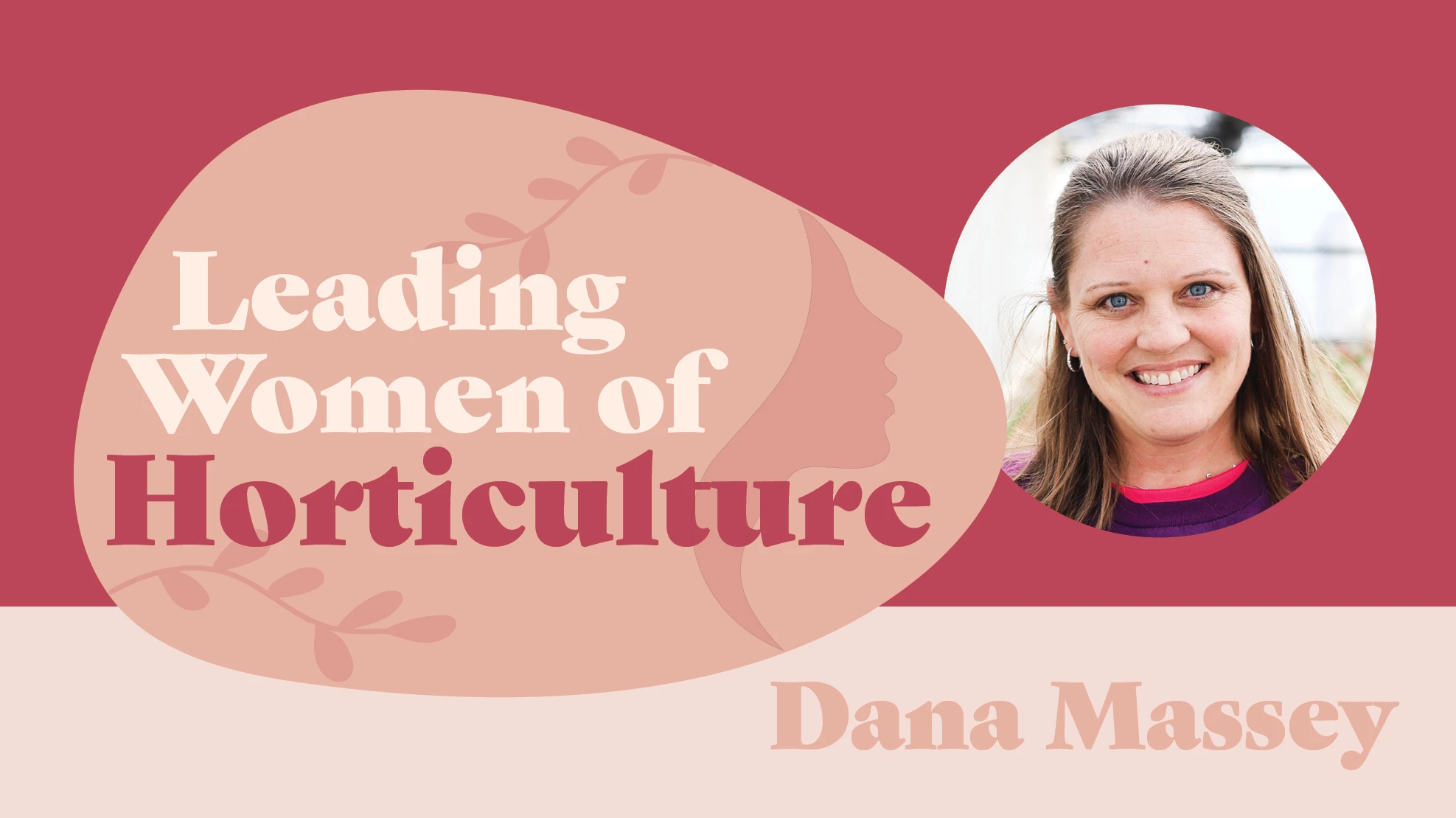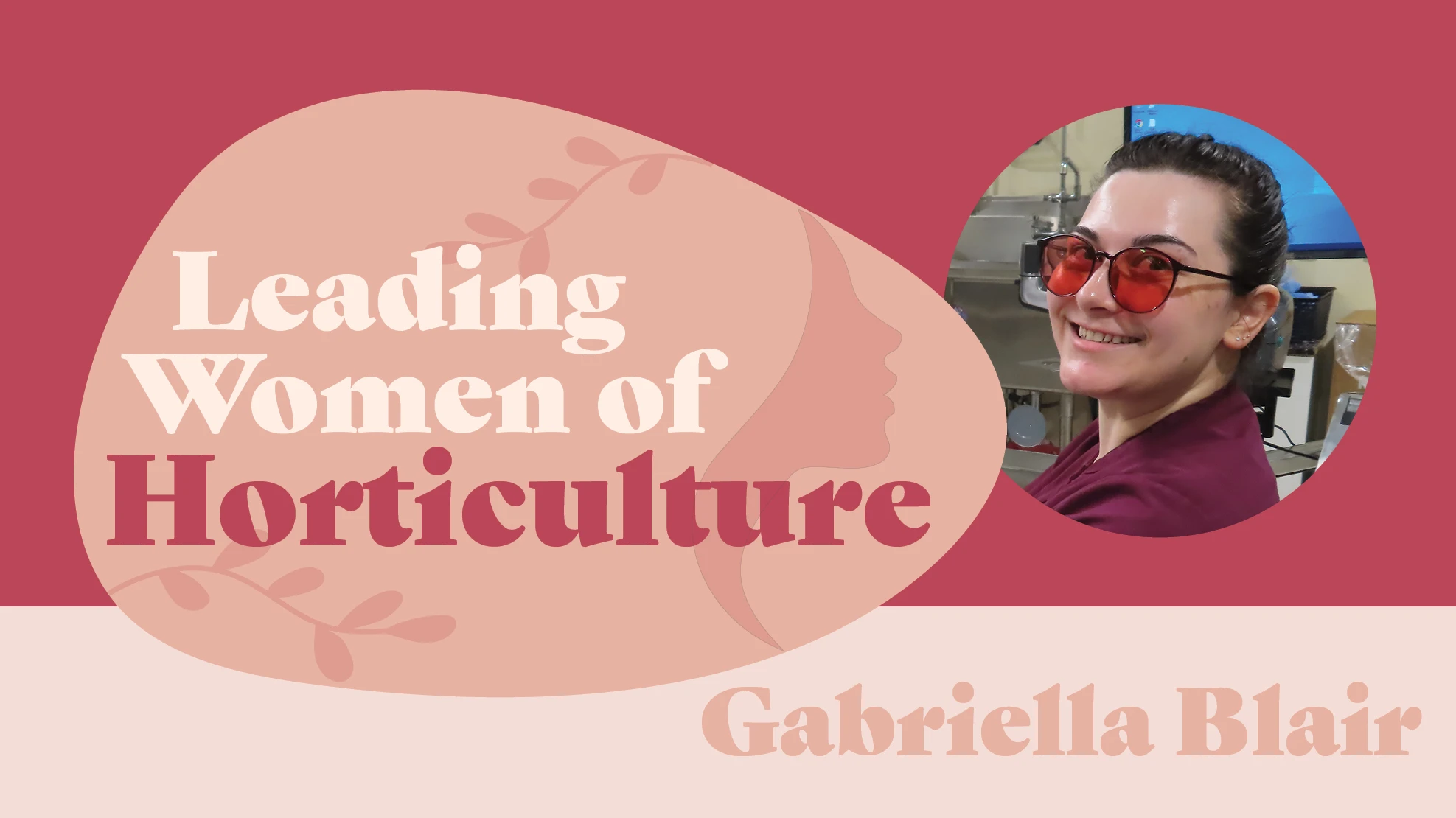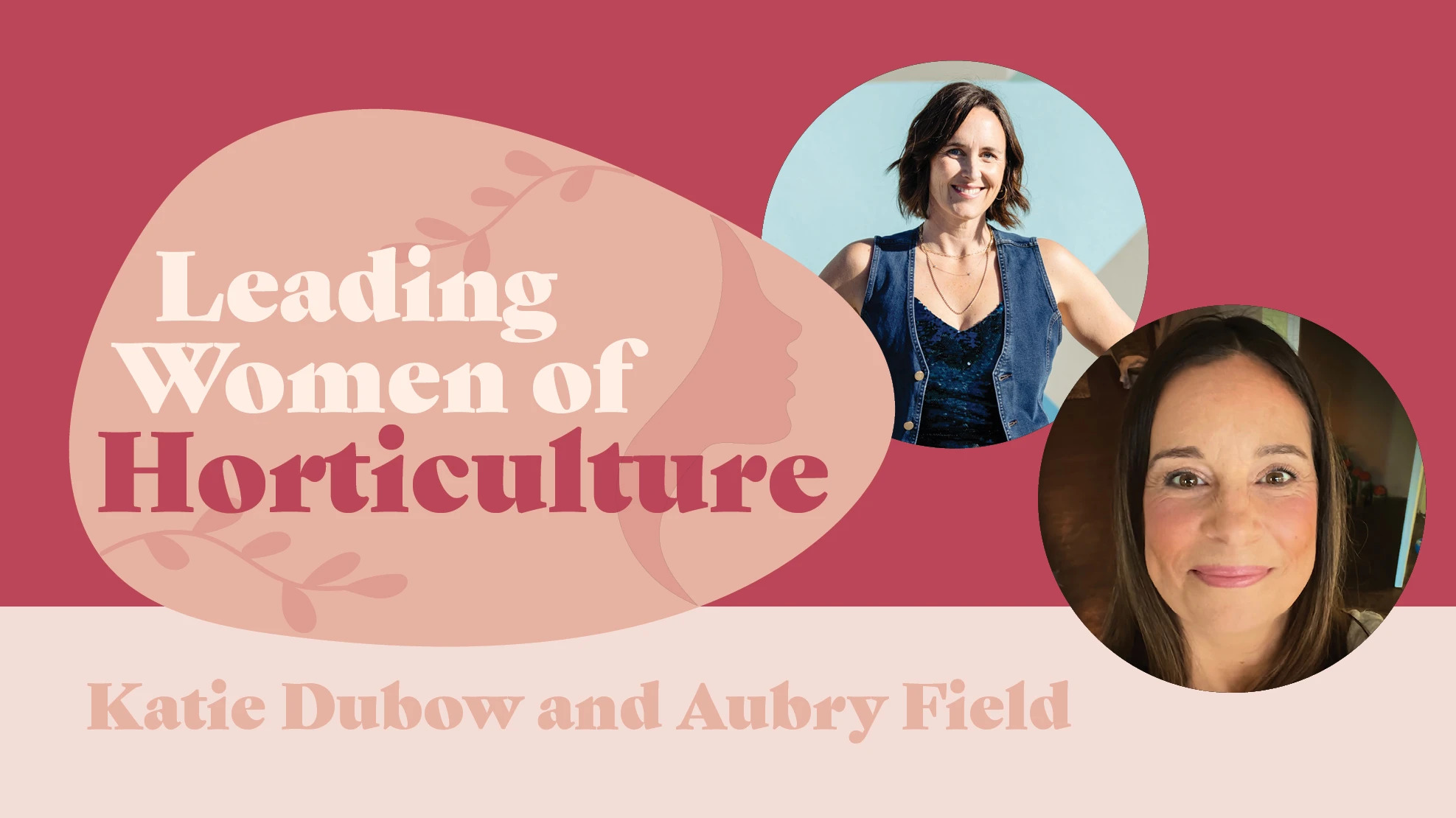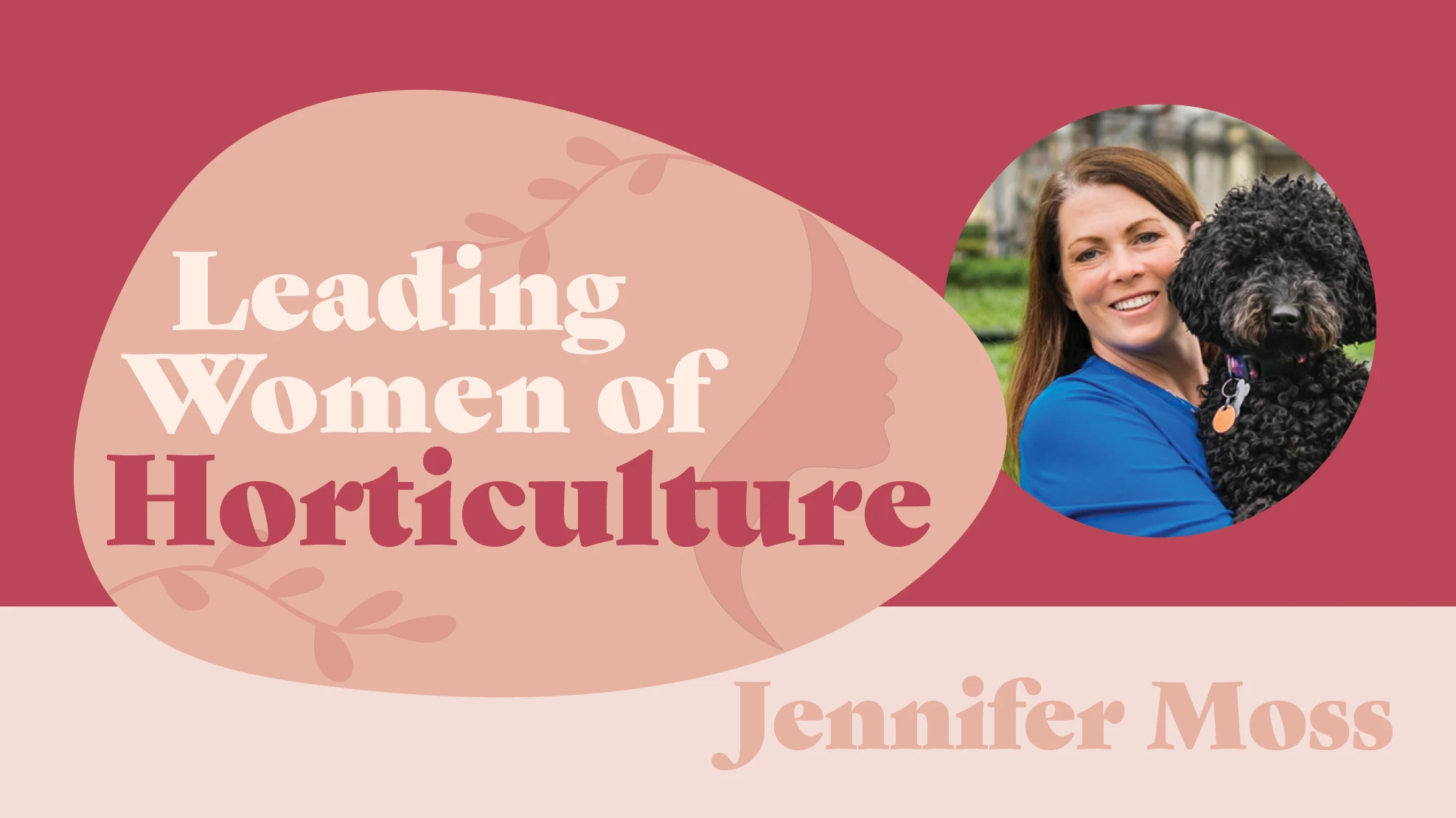
When Emily Teng tells people that she works at a nursery in Hawaii, they assume her job is all sunshine and tropical flowers.
“They think working outdoors is leisurely, but that doesn’t mean it’s easy,” she says. “It’s very difficult work. But it’s also fun to be in this industry because you never get bored. There’s always something changing; there are always new varieties of plants, new products and new methods. That’s what makes it exciting.”
Teng has worked hard to get where she is — earning several degrees and detouring through other industries along the way. Originally from Pittsburgh, Teng moved to South Carolina at age 13 and later earned a chemistry degree from the University of South Carolina. She worked as an IT consultant in North Carolina for several years before launching her horticulture career 14 years ago.
“I had always been interested in plants while I was growing up,” Teng says, “but I never thought it could be a career.”
When she began gardening as a hobby while working in IT, Teng finally realized the career potential of plants. She started taking plant science classes, left her corporate job and went to work at a landscaping company installing flowerbeds. Then, she made an even bigger move — to Hawaii.
In 2007, Teng earned her master’s in ornamental horticulture at the University of Hawaii at Manoa, then started working at Pang’s Nursery as a grower.


“A degree is a good foundation, but hands-on experience completes it,” she says. “There’s no substitute for actually working in the industry.”
So, when Teng went back to school for her PhD in ornamental horticulture, she continued working at Pang’s part-time. She says didn’t want to leave the family atmosphere at Pang’s that had become her home-away-from-home.
Teng’s list of academic honors includes a graduate fellowship from Monsanto and a scholarship from the American Floral Endowment. Last year, Teng was also named an AmericanHort scholar.
There’s no substitute for actually working in the industry.”
Now, Teng is studying the pigments in poinsettia bracts as her dissertation research. When she earns her PhD, she wants to keep doing research, either in a university setting or at a commercial firm.
“There seems to be a disconnect between working in the industry and doing research in the industry,” she says. “The solutions that researchers come up with aren’t always practical; they might cost a lot of money or require a lot of labor that most nurseries don’t have. I want the research I do to be practical and useful for growers.”
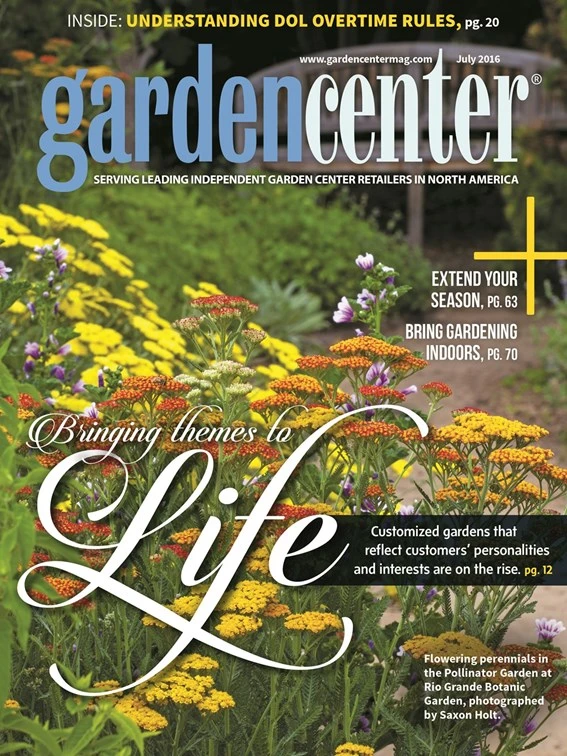
Explore the July 2016 Issue
Check out more from this issue and find your next story to read.
Latest from Garden Center
- Brand Spotlight: Growing Sweet Success in Small Spaces with Butterfly Candy™ Buddleia
- Super Charged Moon Juice from Moon Valley Nurseries now available nationally
- 2025 Proven Winners Horticulture Scholarship applications now open
- Leading Women of Horticulture: Anna Ball, Ball Hort, and Terri McEnaney, Bailey Nurseries
- Dümmen Orange North America celebrating 25th anniversary in 2025
- Illinois Landscape Contractors Association changes name to Landscape Illinois
- Leading Women of Horticulture: Arden Pontasch, North Creek Nurseries
- Spring Meadow Nursery's Freedom Shelley finds joy in plants
